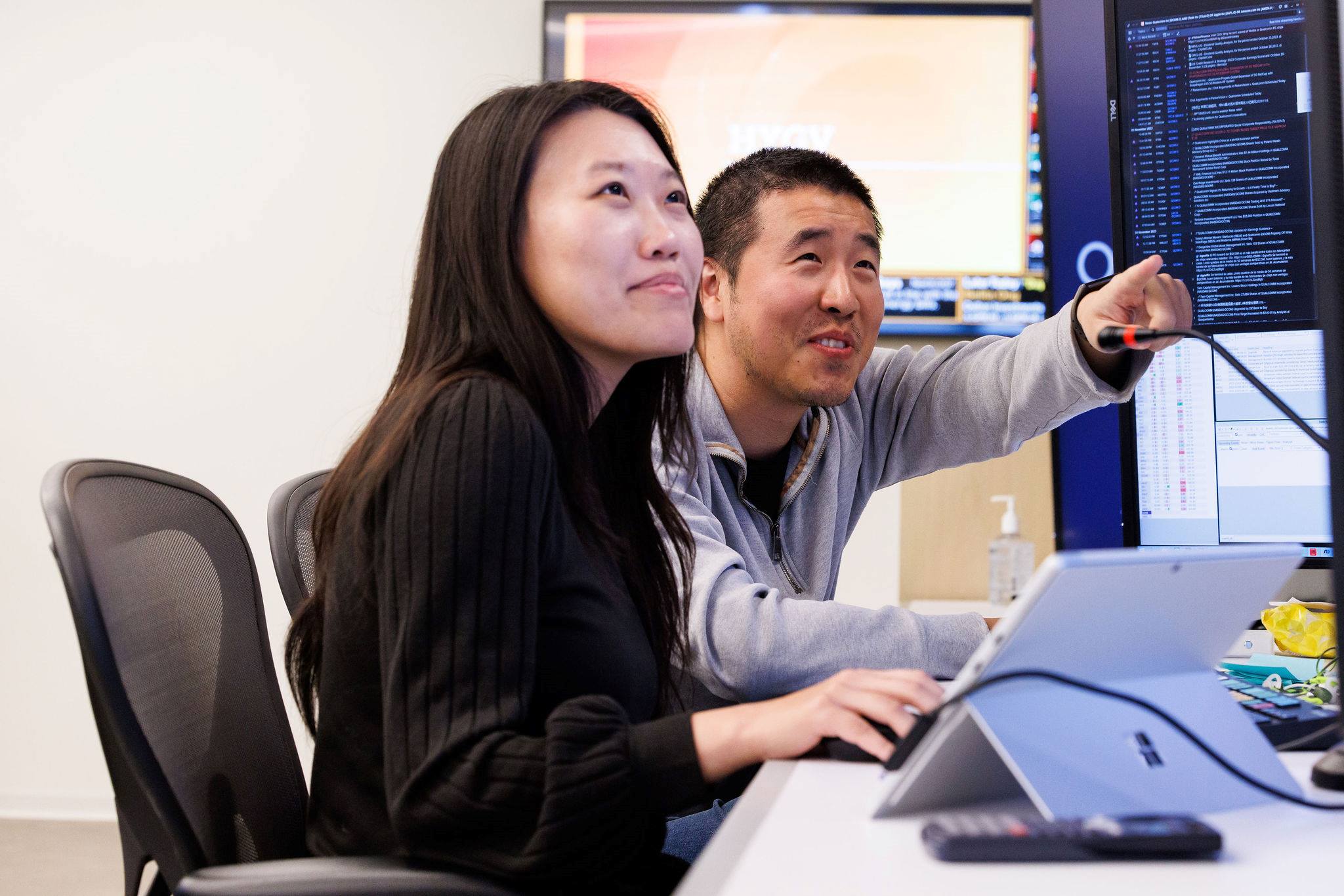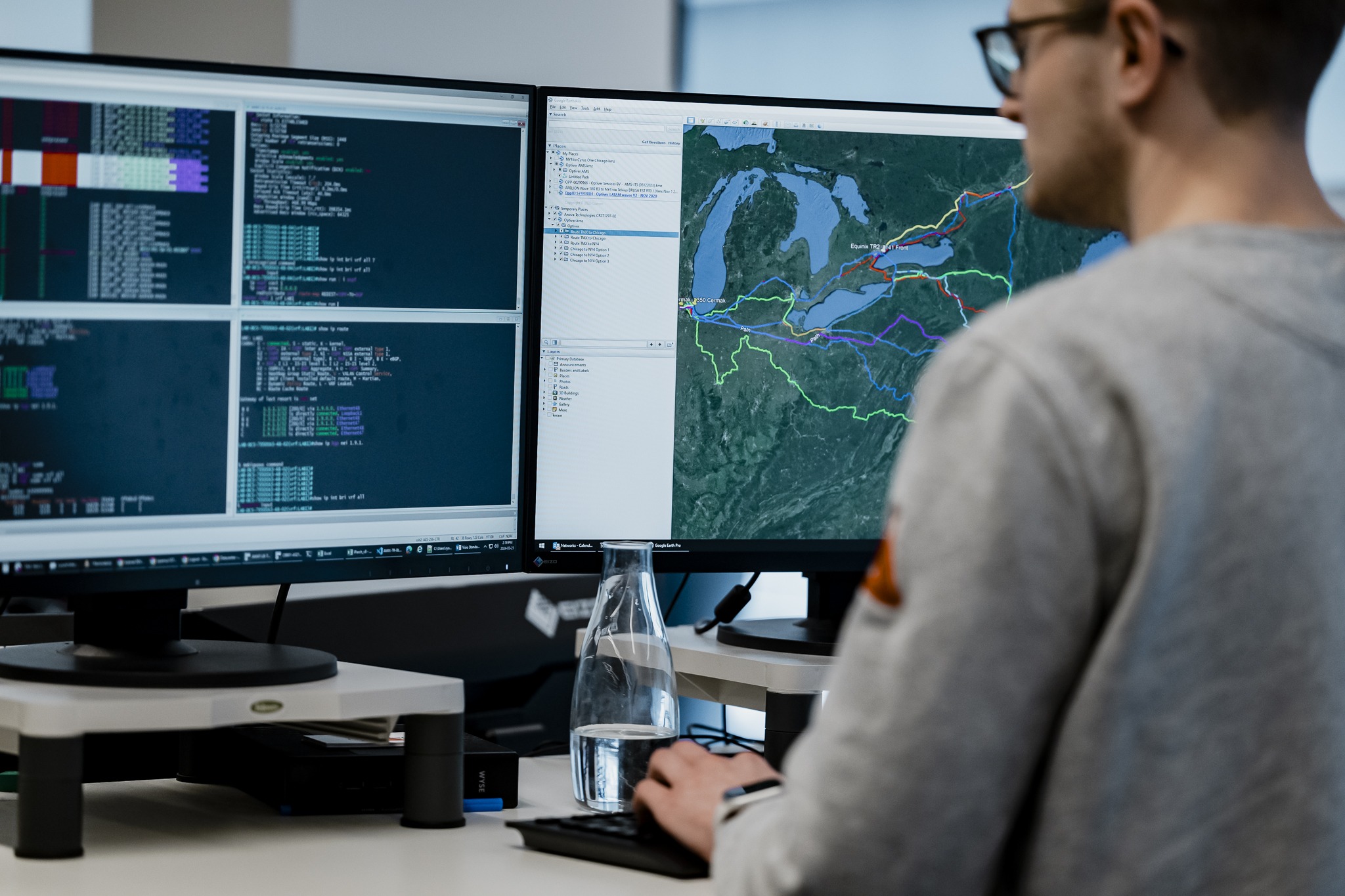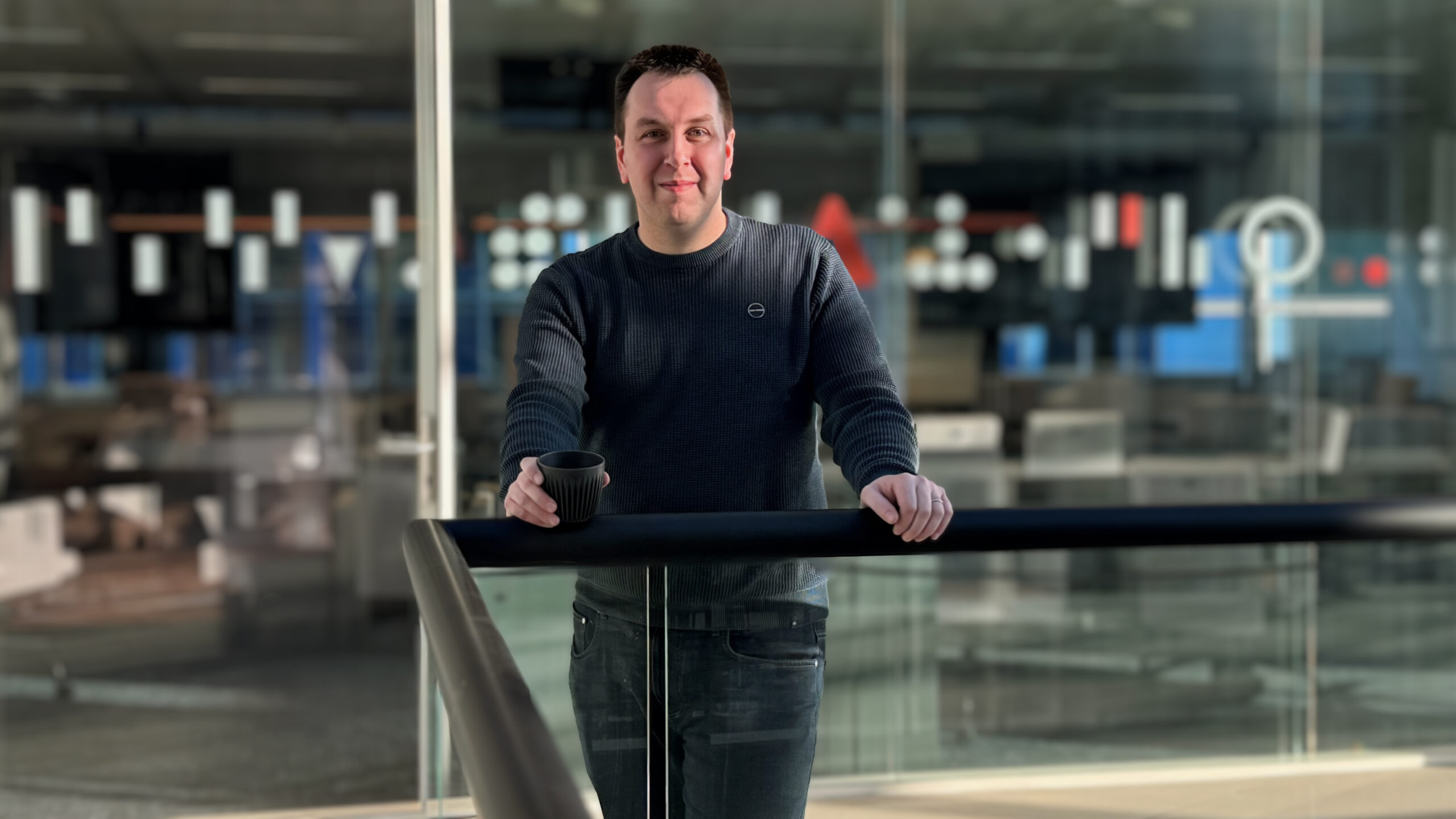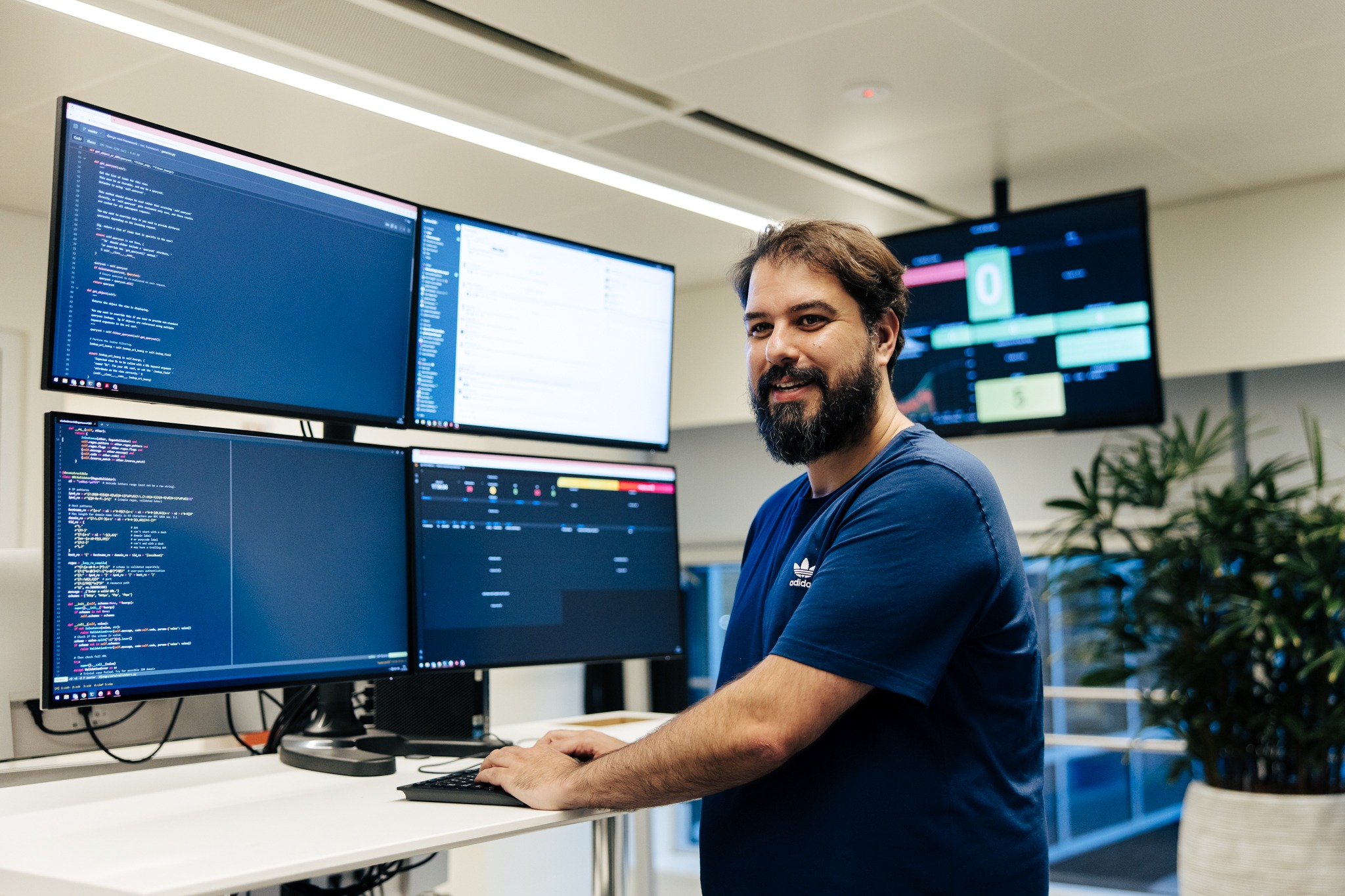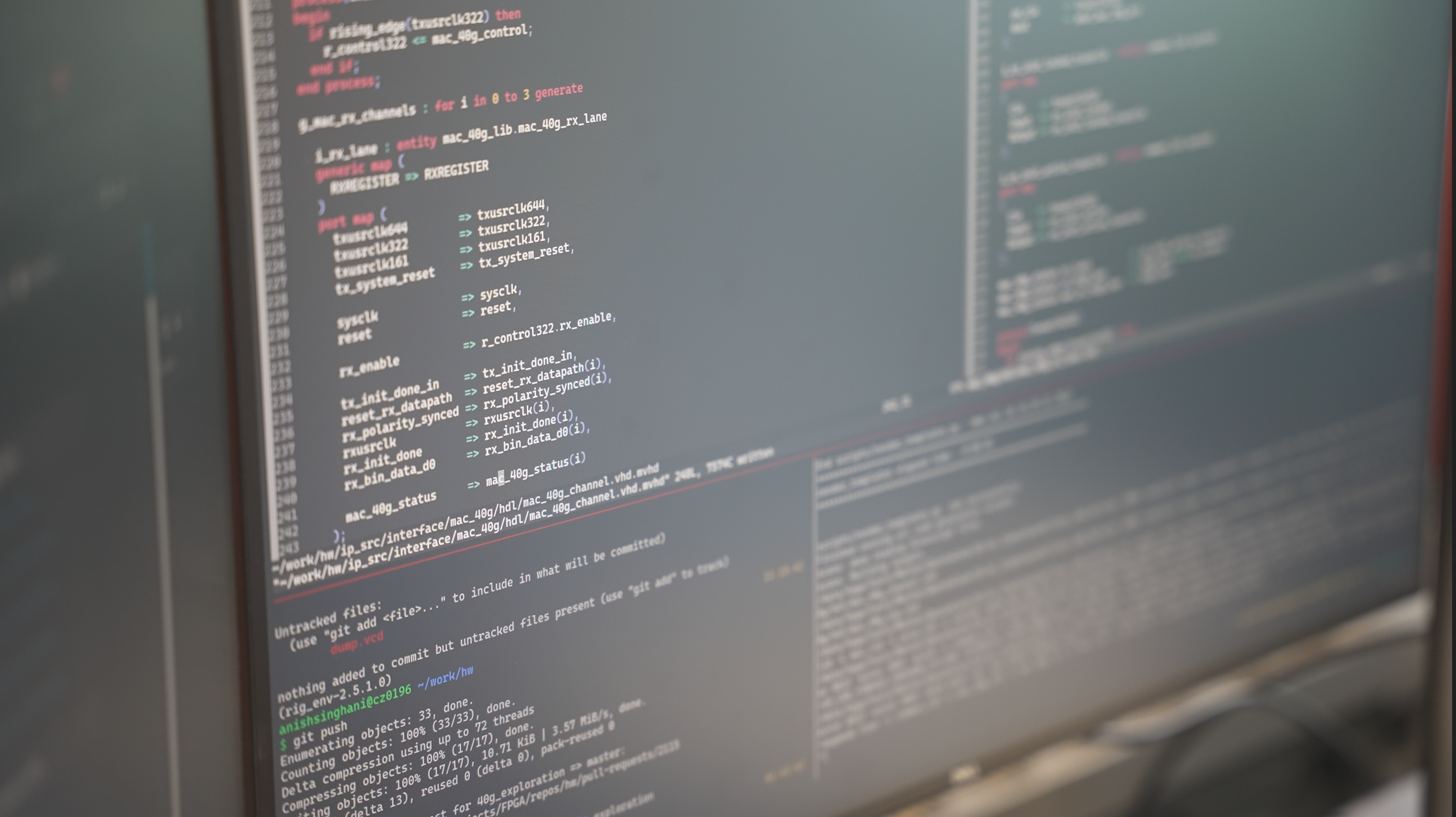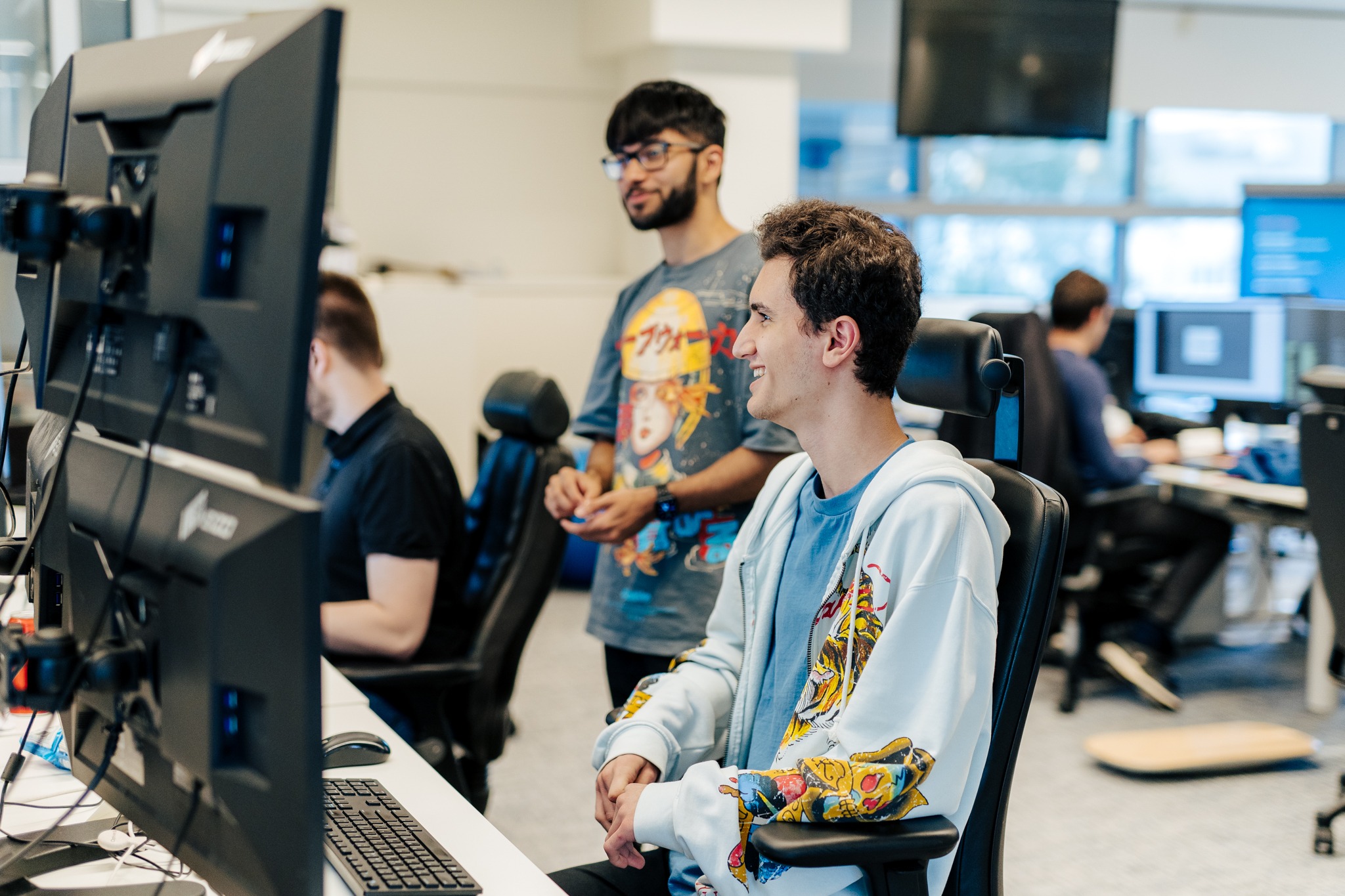FPGA Engineer at Optiver
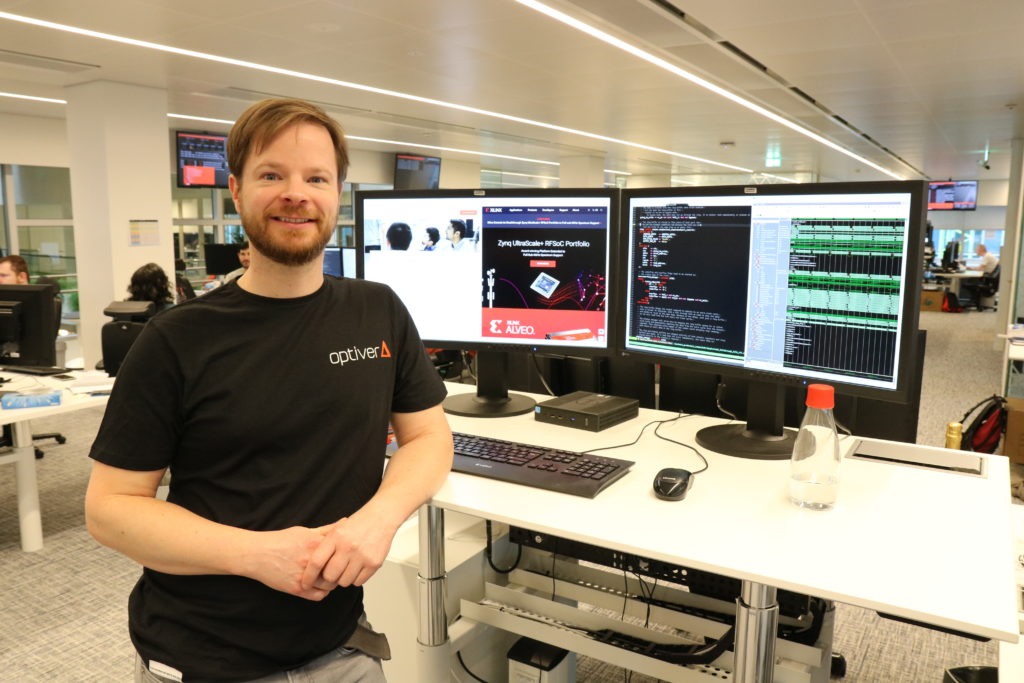
A career in hardware design
Andy, FPGA Engineer at Optiver Amsterdam, says that the pursuit of performance and well-engineered solutions keep him fully engaged every day. Learn more about his story and why he chose to pursue a career in hardware design at Optiver. #PeopleAtOptiver
Where did you study and what was your major?
I went to the University of Sheffield in the UK where I studied Electronic Engineering. I always liked math and science, but really wanted to apply this practically in an engineering field. One dream I had was working for a Formula 1 team, I think that’s why pushing the limits of technology in search of the best performance appeals to me so much.
How long have you been at Optiver?
Almost 6 years now. I moved from London to Amsterdam in the spring of 2014, some of my former colleagues had already joined and they recommended Optiver. It was only my second visit to Amsterdam, but a couple of months later I was living here!
How does hardware fit into trading?
FPGAs are a tool to accelerate the processing of an application, either by increasing the throughput or reducing the latency. We work directly with Traders and Software Developers to identify ways in which this increased performance can directly impact the success of our trading systems.
What was your most influential project that you’ve worked on?
At Optiver you get the opportunity to pitch projects that you think will make a difference to the business. I proposed an idea for writing our own TCP stack in the FPGA that would be optimised for our applications and give us a competitive edge. It was really rewarding to come up with the architecture, implement it and then see it improve our trading!
Why do you enjoy your job and why would you encourage someone to work in FPGA/hardware at Optiver?
The pursuit of performance never stops. After 6 years you would think every optimisation has been done, but there is always more you can improve on. A few years ago I would have questioned whether it was even possible to get to the level we are now, but with a focused team, so much can be achieved.
Every project is rewarding, but we immediately look to the next improvement. These days we really need creative thinking around the whole system, as well as very well engineered solutions to make it happen, both of which keep us fully engaged.
What is the FPGA team’s philosophy around solving problems?
We try and look at the problem from a system level first and then see where the FPGA would fit best. By always thinking about the whole system your FPGA design can stay simple and focused.
Looking back, what advice would you give yourself on that first day at Optiver?
Question the necessity of every line of code you write. Often things can be made more specific and simpler than you first think, so only add in complexity when you really have to.
